Wednesday, May 25, 2022 -
A long trip on National Route 2 east and then a 30-minute boat ride to the hotel.
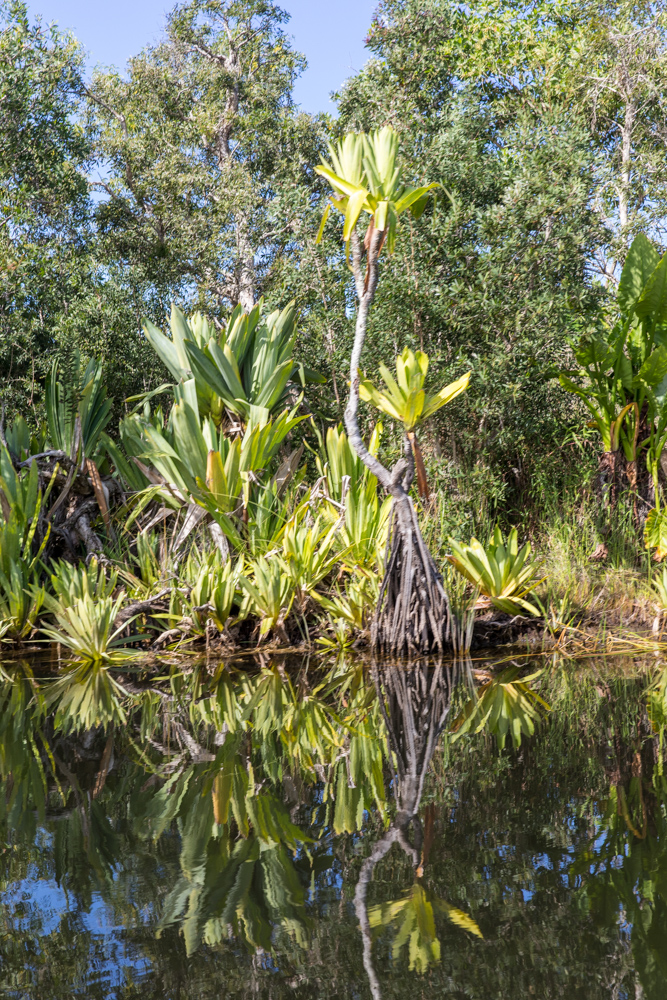
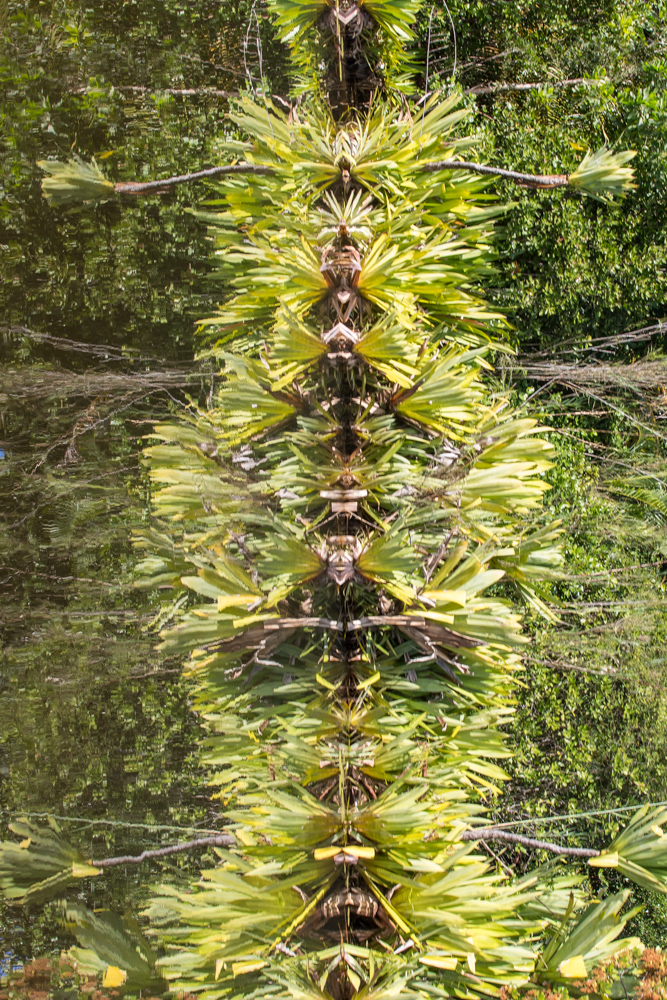
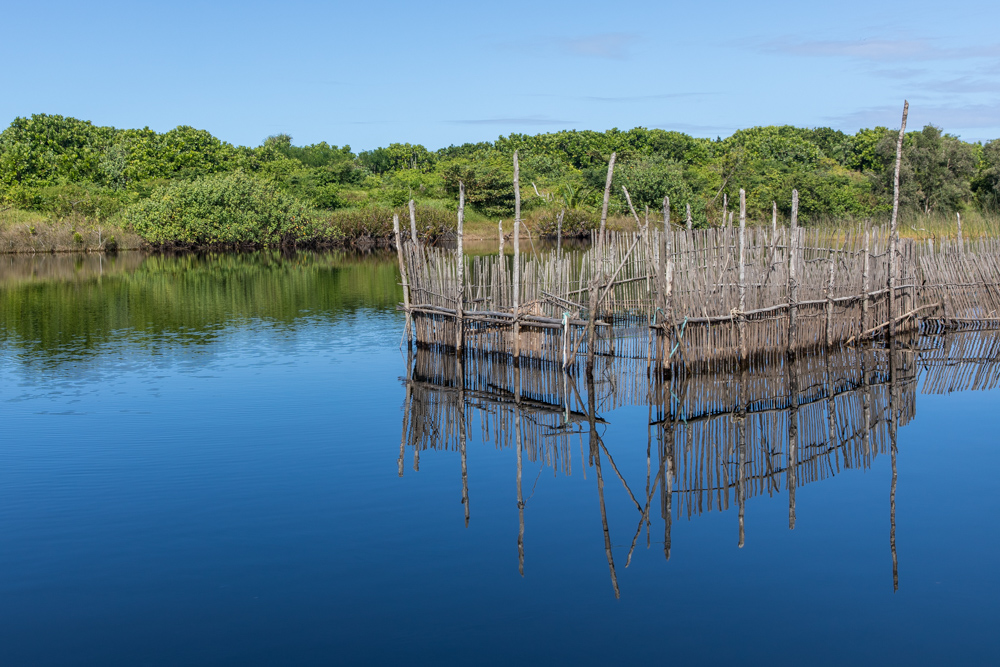
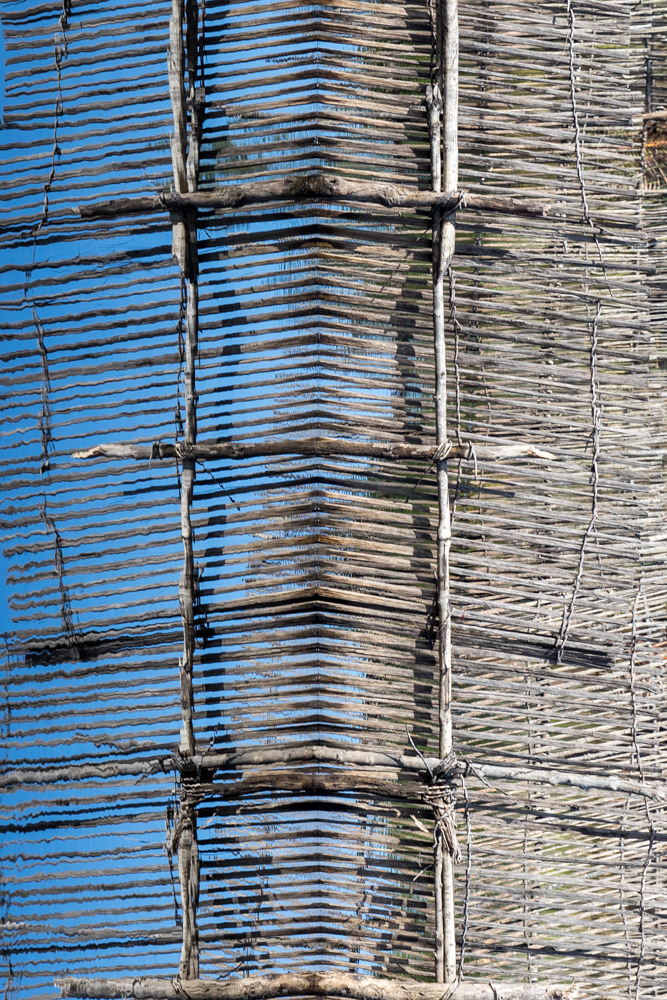
The sparkling water through the forest foliage.
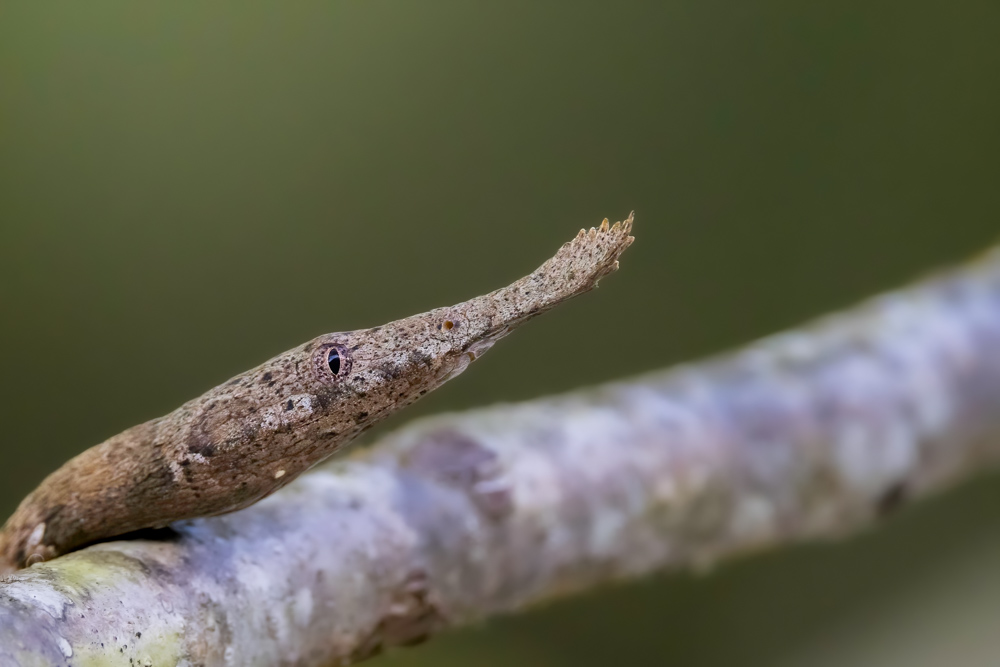
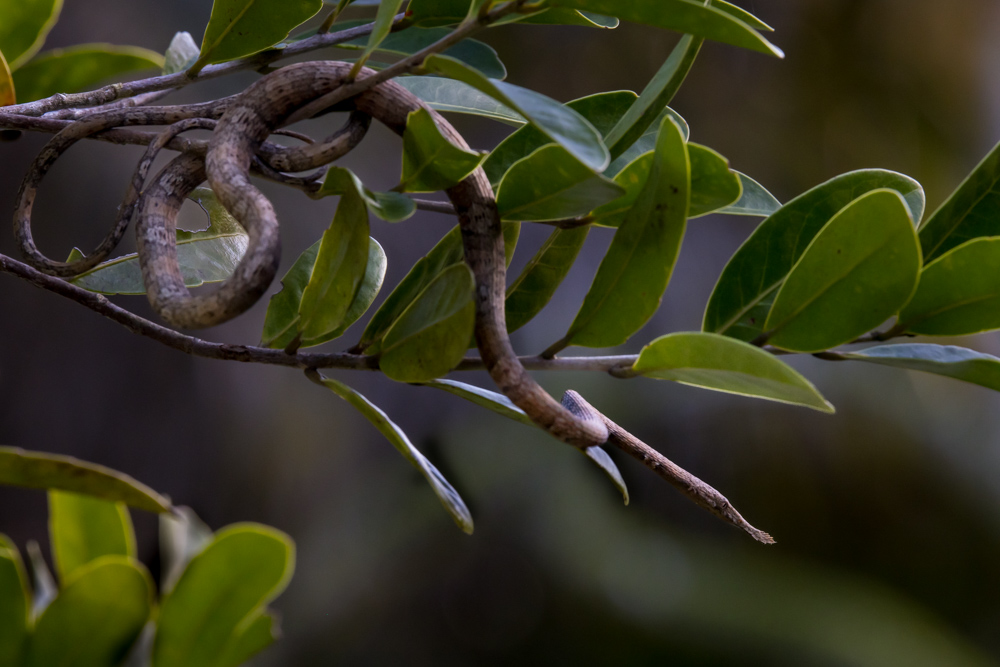
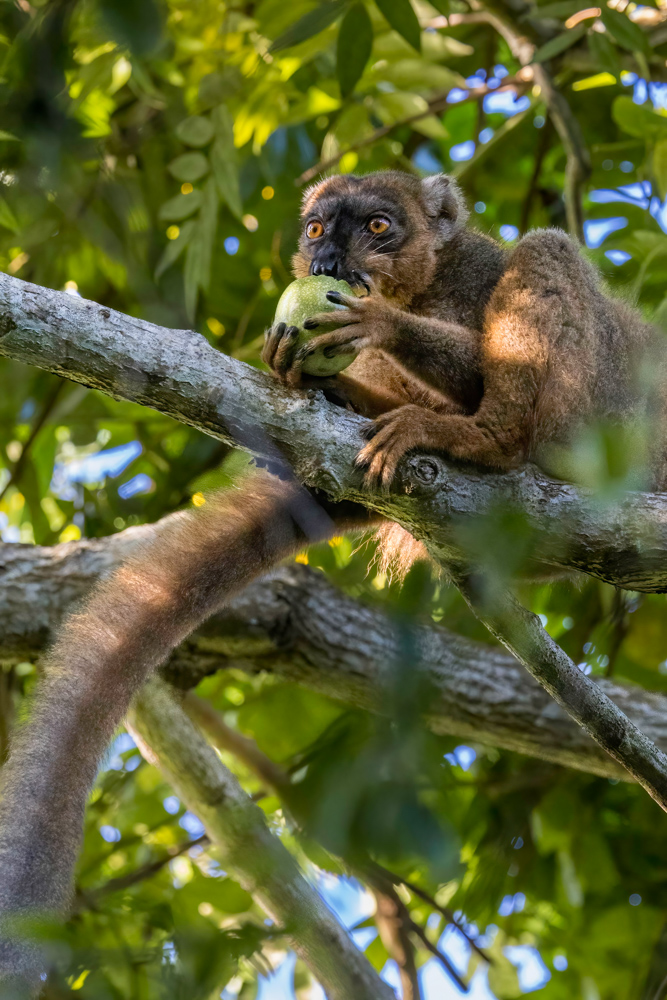
While I am in the forest another alarm call goes out all around me - a bit frightening in its intensity.
I could not figure out what all the commotion was about.
I could not figure out what all the commotion was about.
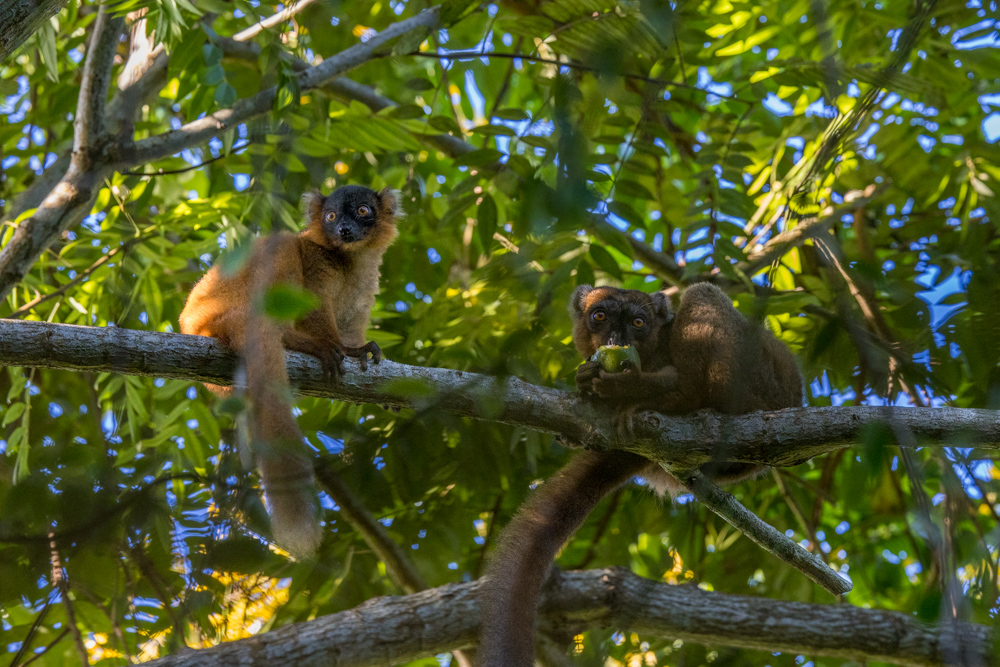
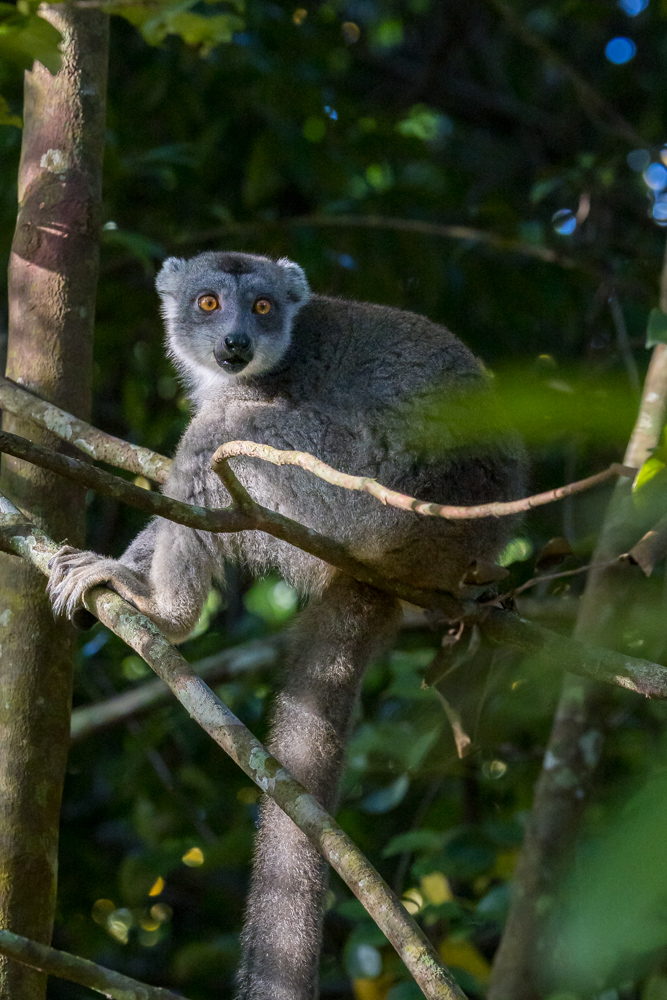
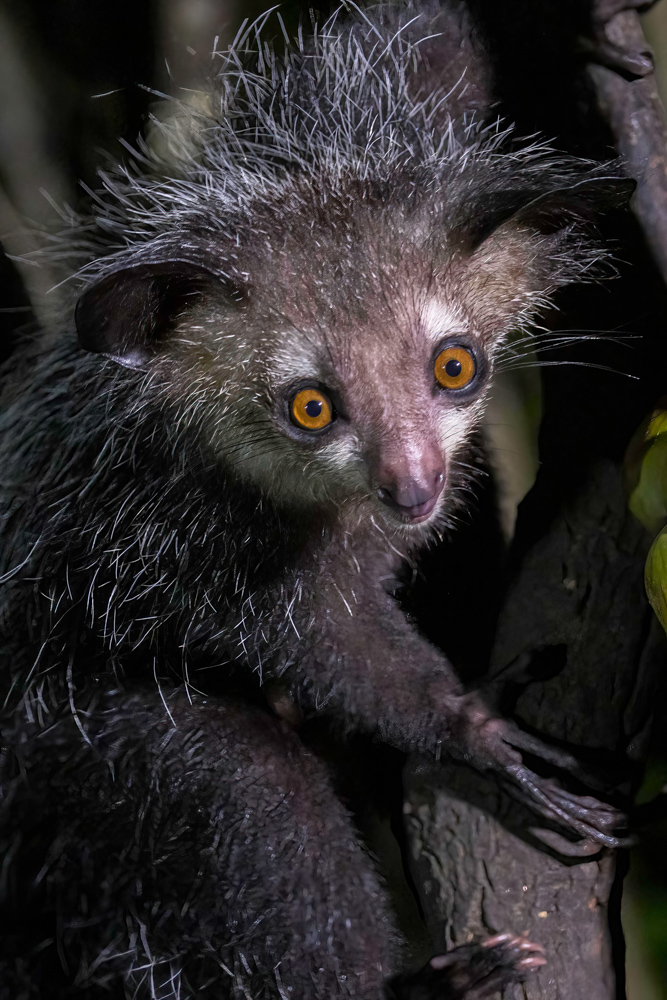
This little guy is weird - the villagers were known to kill them believing they bring bad luck - and with that face you can see why.
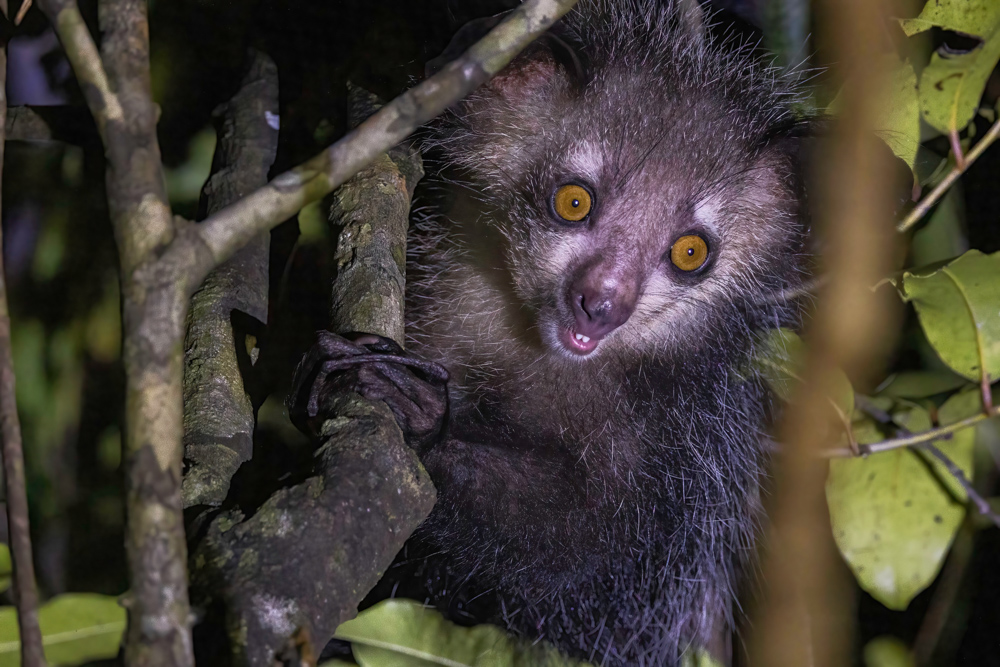
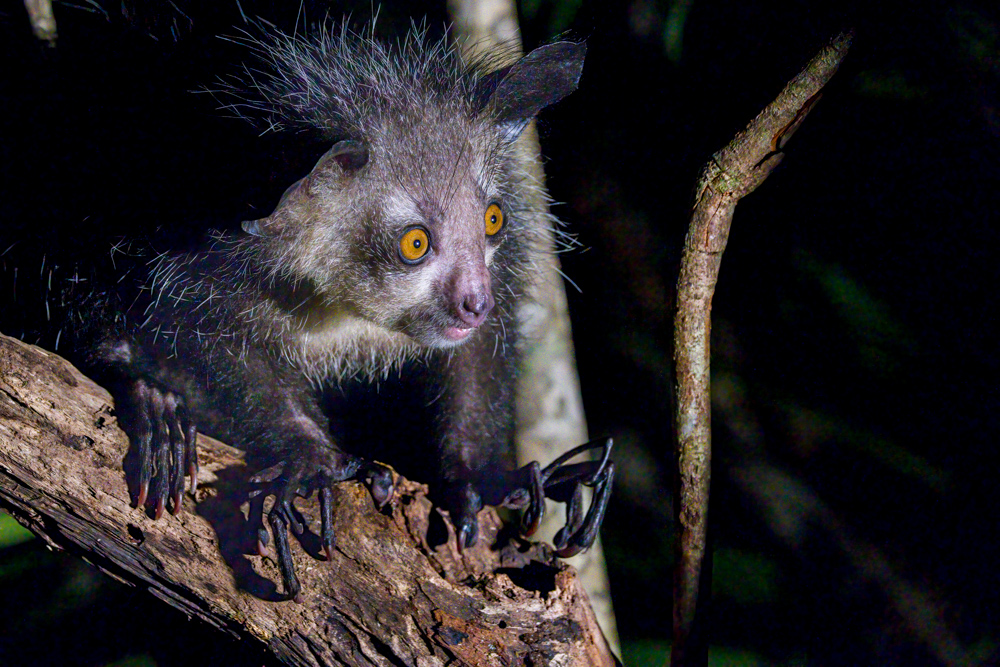
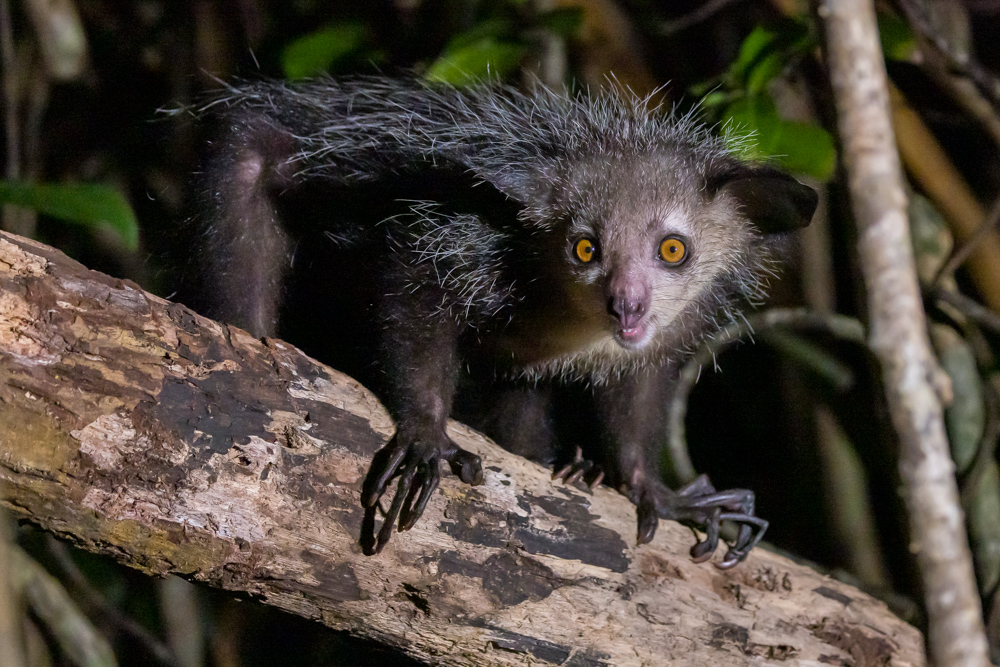
A video of the Aye-Aye lemur in the trees